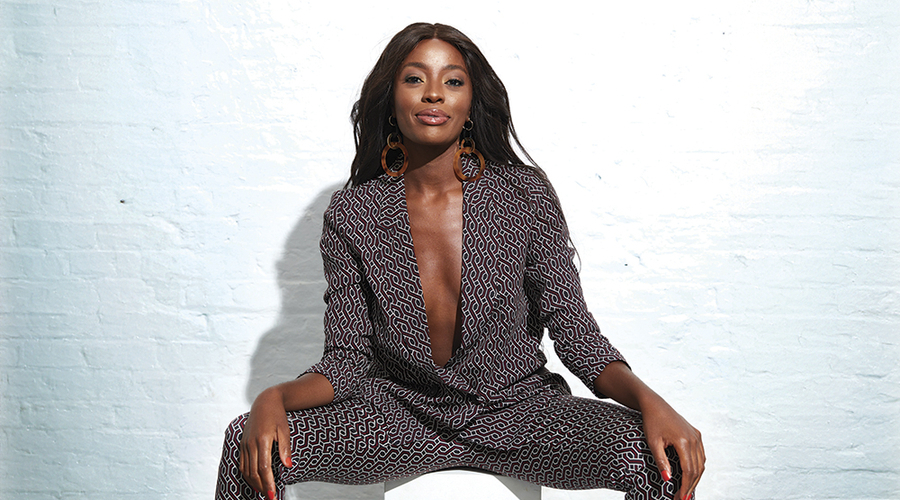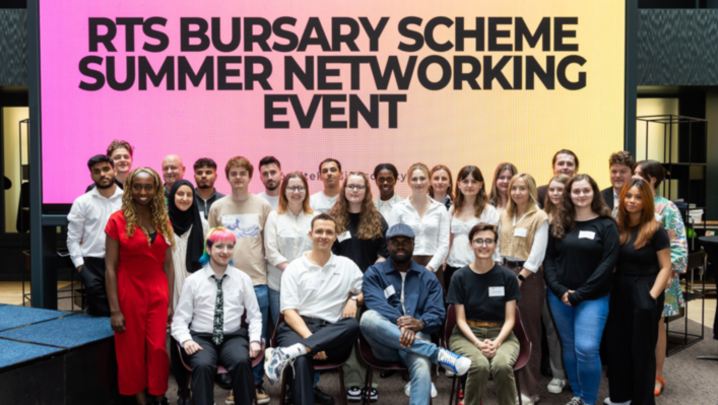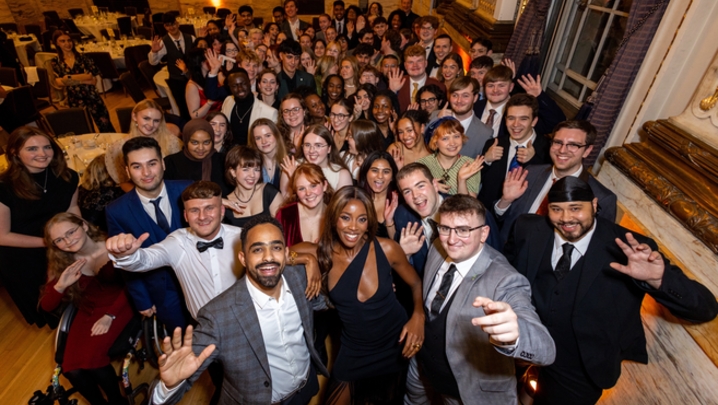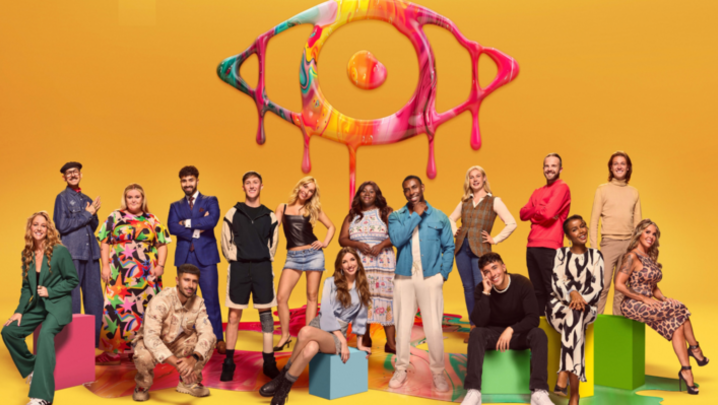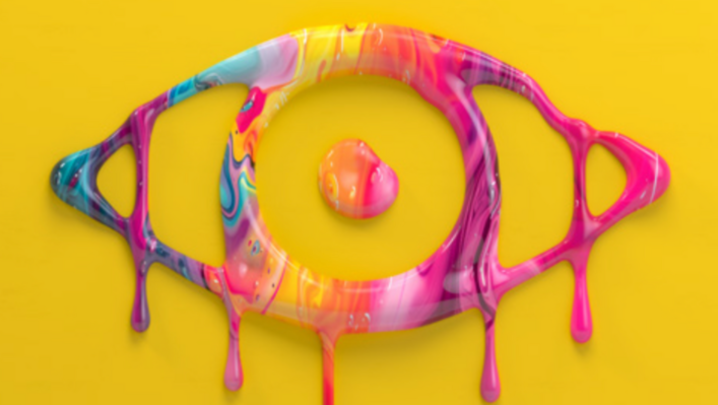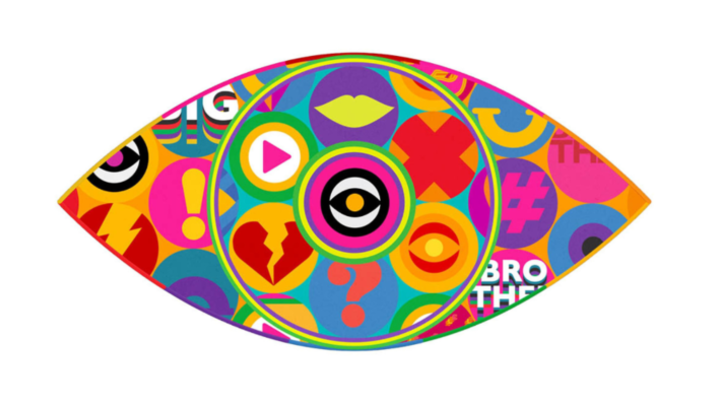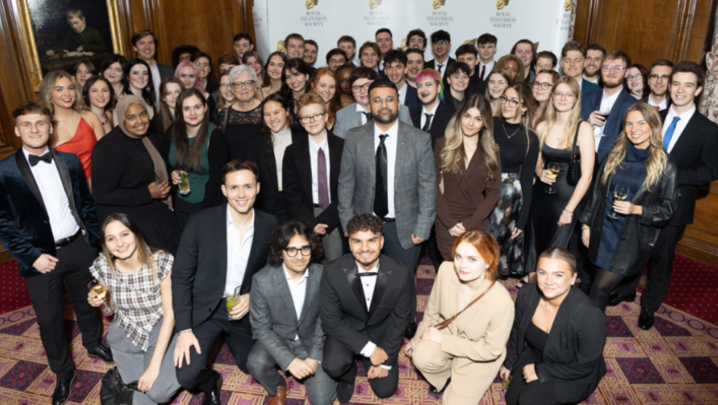From her working class background in Lancashire to her current reign as the queen of reality TV, AJ Odudu is the perfect fit for an RTS Bursary Scheme Ambassador.
The Scheme is all about channelling new voices from low-income backgrounds and championing underrepresented talent, in the hopes that one day they too might be asking Big Brother contestants not to swear on live TV.
As an Ambassador, AJ will be meeting and mentoring bursary scholars, as well as attending bursaries events. But in the meantime we spoke to AJ to learn more about her TV journey, from runner to primetime presenter via the call centre, and to find out why getting involved in the Scheme is so important to her.
We also asked for some advice for up and coming presenters. And having become one of TV’s most genuinely vibrant personalities, it’s unsurprising her first tip was, quite simply: “be yourself.”
What made you want to get involved in the scheme?
I know first-hand how difficult this industry is to break into, especially if you are from a low-income background. The first hurdle I met when trying to make it on television was social mobility, as there wasn’t much infrastructure in place in Blackburn. While there’s greater opportunity up north today, most of the big networks are still based in London. This bursary provides an amazing means for people outside of major cities and from low-income backgrounds to break into the industry.
So what was your route into the TV industry? Did you come up against any barriers?
Growing up in Lancashire, I got my first start at the local broadcasting station, BBC Radio Lancashire. I had big ambitions, but opportunities were so few and far between in my local area. I had no choice but to move to London, which was difficult given how expensive the world is. I also had zero industry connections in London, so it meant I had to juggle multiple jobs in order to get work experience.
Work experience is a major reason I am here today. In University, I took part in BBC Blast, a two-month work experience scheme that provided people from low-income backgrounds with free accommodation and travel expenses. There were limited spaces, but it was such a powerful scheme that sadly no longer exists.
As part of the scheme, I worked in a department in BBC Switch [a former brand for BBC content – online, TV and radio – aimed at UK teenagers], where I became a runner for The 5:19 Show [an online sketch and talk show named after the time most teens logged on after school]. It was an invaluable experience which really allowed me to flourish without the financial stress, so I understand the importance of schemes like this.
What’s the weirdest job you had when you were getting started?
If you can think of a job, I’ve probably done it. I’ve worked in a call centre, I’ve worked as a cleaner and even as a housekeeper. When breaking into the industry you do what you have to do, especially with voluntary experience and bills to be paid.
Did you have a mentor?
No, it was all me. My biggest support system was my friends and family and they’ve championed me from the very start, whether it was sending me job applications or fact checking my CVs.
In this industry, you always remember the first people who gave you a gig and I’m very fortunate to say that those early industry contacts are still my good friends to this day.
How would the Bursary Scheme have helped you?
It would have allowed me to relocate to London sooner, as well as alleviating the financial pressure so I could focus on being present and creative in the workplace. I also can’t stress the importance of networking and how career-changing it would have been to have a personal industry mentor.
What have been some of the stand-out moments of your career so far?
Obviously, co-hosting Big Brother is a massive highlight of mine. To go from hosting the companion show a decade ago, to returning to front the main show – it doesn’t get any better than that! Comic Relief was also a real pinch-me moment and a dream to host as a British broadcaster.
I would also say The 5:19 Show because I started with work experience, then worked on production for a short while, before working my way up to co-present an online show which eventually became a TV show. It was so much fun and I’m still friends with all the producers, writers, and graphic designers to this day. It was just the most surreal and fun experience ever, as I was interviewing the likes of Justin Bieber, Taylor Swift, Ed Sheeran and Tinie Tempah. I didn’t realise just how major it was until now.
What are your top three tips for aspiring presenters?
- Be yourself! If there’s one thing I’ve learnt, it’s that your individuality matters. Your uniqueness and voice are your greatest asset, so whether it’s a quirky sense of fashion, a different accent or fresh perspective – own it and don’t ever let anyone change it!
- Don’t be afraid of rejection, every ‘no’ is taking you one step closer to a ‘yes’. And make sure you take advantage of every opportunity, no matter how small or big it may seem. You never know what experience may help you in the future.
- Finally, make connections. As they say, ‘your network is your net worth’. They might not help you tomorrow, or next week, but they might be able to help you later down the line - and equally you might be able to support them.
Applications for the RTS Bursary Schemes are now open until Monday 24 June. Apply here.

